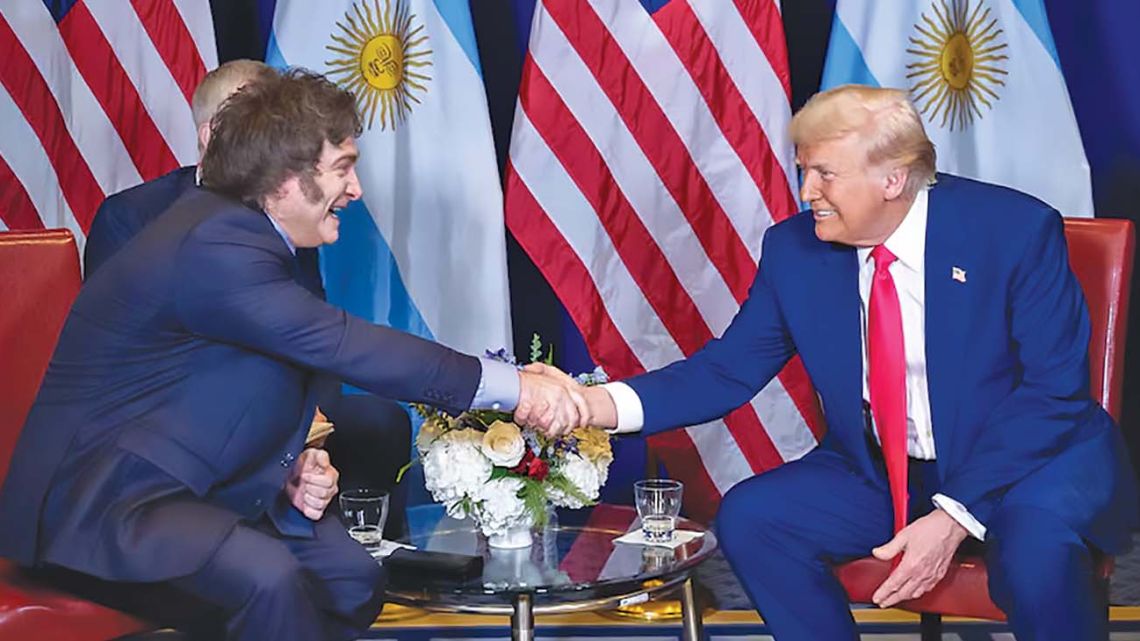Venezuela’s government announced on Saturday the resumption of migrant repatriations from the United States, scheduling the first flight for Sunday, March 23, 2025.
This decision revives the Plan Vuelta a la Patria, a program launched in 2018 to bring back citizens facing hardship abroad. Jorge Rodríguez Gómez, Venezuela’s key negotiator with the U.S., confirmed the move, stressing safe returns and human rights protections.
Over 7 million Venezuelans fled since 2015 due to economic collapse and political turmoil, with 600,000 settling in the U.S. The program has repatriated 30,000 from various countries, but this marks a significant shift with Washington.
Tensions flared recently when the U.S. deported 240 Venezuelans to El Salvador’s mega-prison, prompting Caracas to accuse the Trump administration of “kidnapping” its citizens. Negotiations overcame a brief halt in flights after Maduro suspended them on March 8 over U.S. oil sanctions.
Sunday’s flight carried nearly 200 undocumented migrants back, reflecting a pragmatic deal despite ongoing disputes. Rodríguez emphasized that migrating isn’t a crime, vowing to secure the release of those detained in El Salvador.
 Caracas Restarts U.S. Migrant Returns Under Tense Accord. (Photo Internet reproduction)
Caracas Restarts U.S. Migrant Returns Under Tense Accord. (Photo Internet reproduction)U.S.-Venezuela Immigration Tensions
The backdrop reveals a broader U.S. policy shift, revoking legal status for 530,000 immigrants, including Venezuelans, in 2025. This follows Trump’s use of a wartime law to deport alleged gang members, a claim Venezuela disputes.
Meanwhile, the Plan Vuelta a la Patria offers a lifeline, providing flights and aid to returnees since its inception. Caracas pushes this initiative as a stand against sanctions it blames for the exodus, while Washington seeks to enforce stricter immigration controls.
The agreement highlights a delicate balance, addressing migrant flows amid strained relations. Both sides navigate practical needs—Venezuela to reclaim its people, the U.S. to manage borders.
This development signals a critical moment for businesses watching migration trends and U.S.-Latin America ties. Companies reliant on Venezuelan labor or eyeing regional stability note the scale: 7 million displaced, with thousands now returning.
The story behind these figures exposes a nation reclaiming its diaspora and a superpower enforcing its laws, all under a tense diplomatic spotlight.

 By The Rio Times | Created at 2025-03-24 10:07:45 | Updated at 2025-04-04 18:03:09
1 week ago
By The Rio Times | Created at 2025-03-24 10:07:45 | Updated at 2025-04-04 18:03:09
1 week ago








